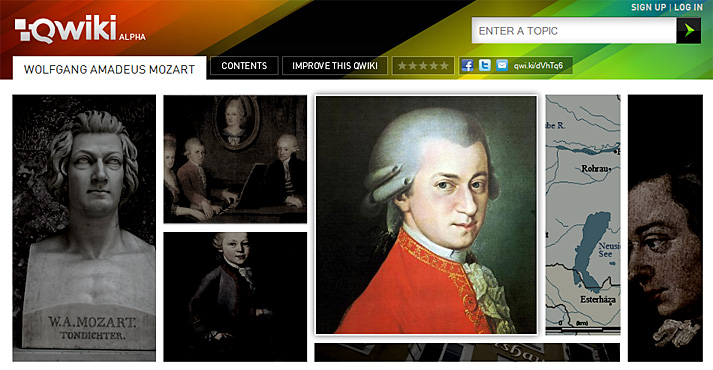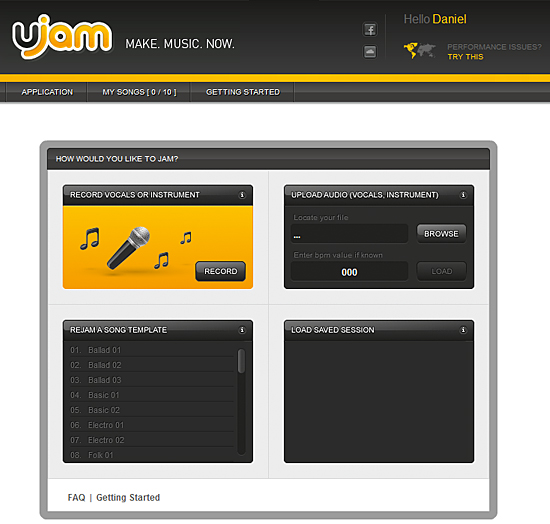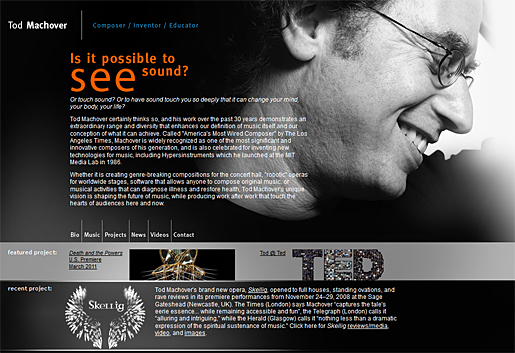I have long wanted…er… better make that dreamed of having our own kids enjoy the same energy that I experience when I create something on a computer. Computers can be used as tools for exercising and developing our creativity.
So when our son, A.J., put a song together on Garageband (see link below), I was thrilled! He played the song for me and, to me, it sounded great.
But something inside him wanted to have this music published somewhere — for others to hear it as well. So I told him I would post it on my blog and that — via the Internet — people all of the world could hear this song. Boy was he ever excited! His eyes lit up and I could see the gears turning in his head, wanting to go back and create another song. 🙂
“I could be famous he said!” And I told him, “Yes, AJ, you could be famous.” (That’s not the point, but it’s still motivating to him.)
Even though both he and I have stage fright when it comes to sharing our musical interests and (not even half-baked) abilities, he was still excited to think that this song might be heard by others.
I’m posting it for him, but I’m also posting it to put an “Amen!” to the many folks who have already written that publishing students’ work for others to see/hear is an incredibly motivating event.
So without further adieu, here is the song AJ created on a Mac laptop while on the road, simply entitled, “Car Trip.”
.
Nice work AJ! 🙂




















